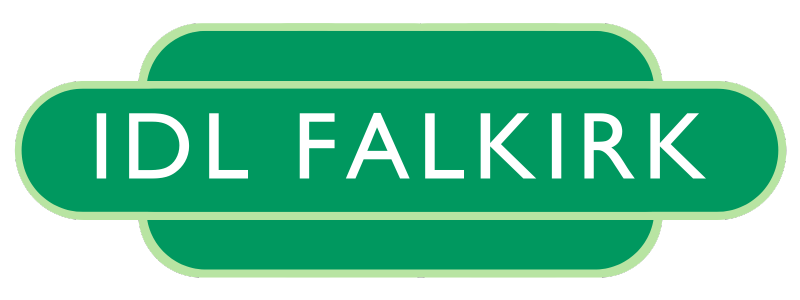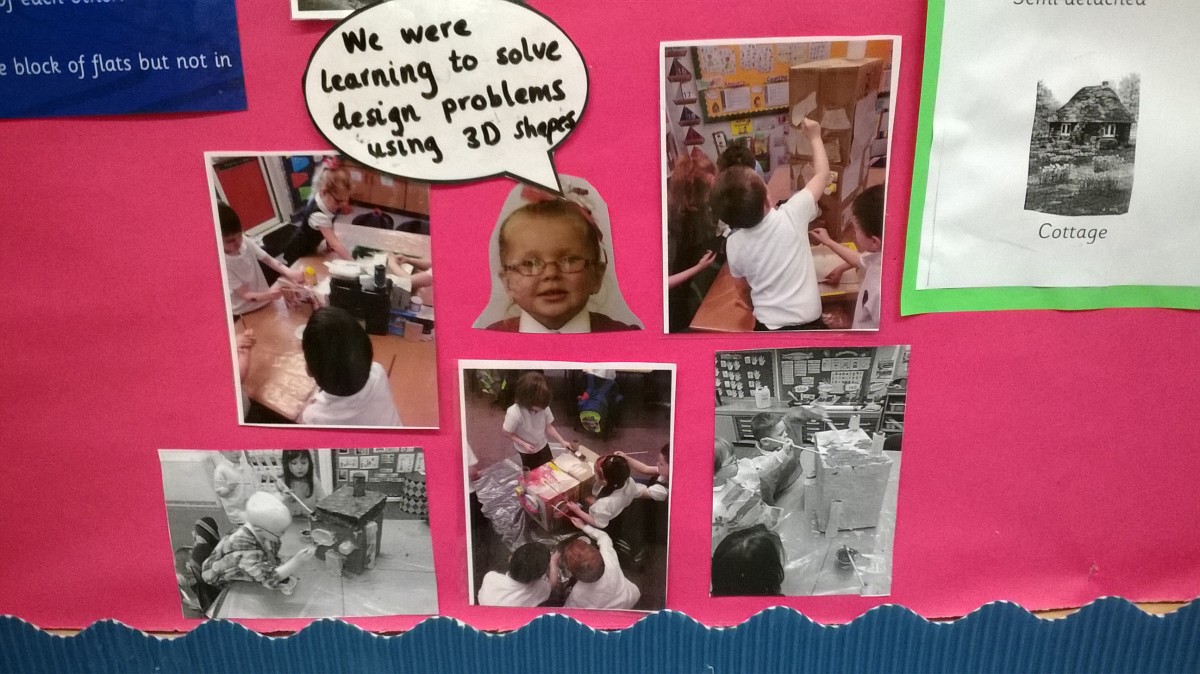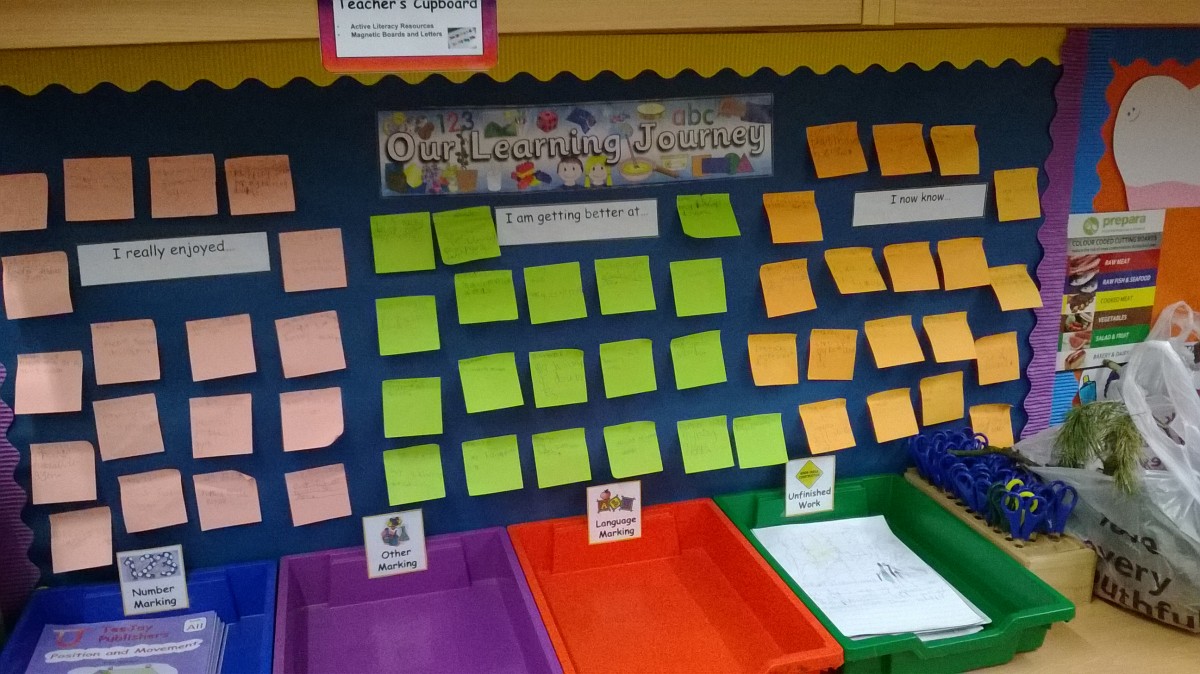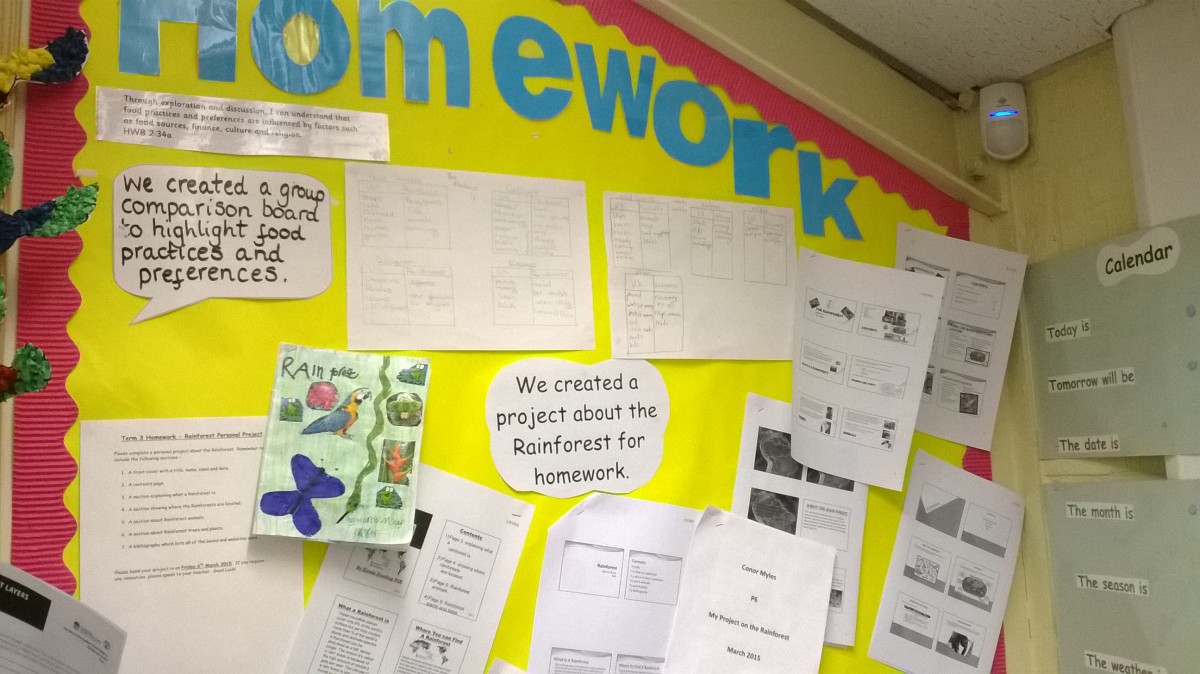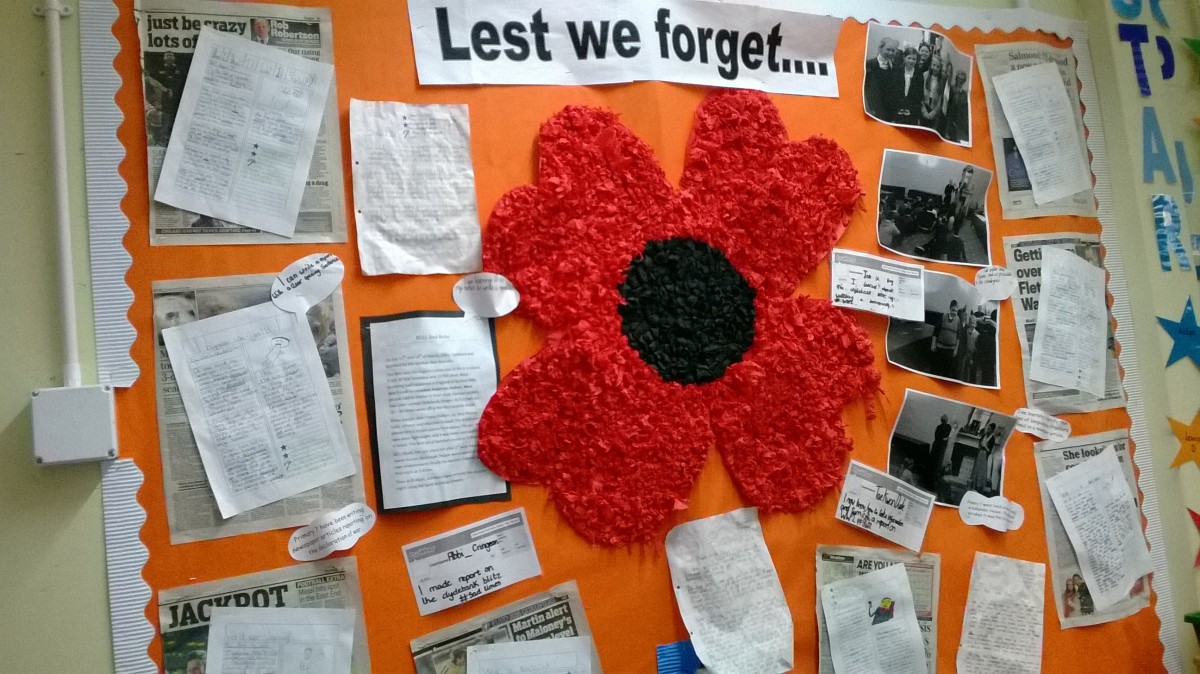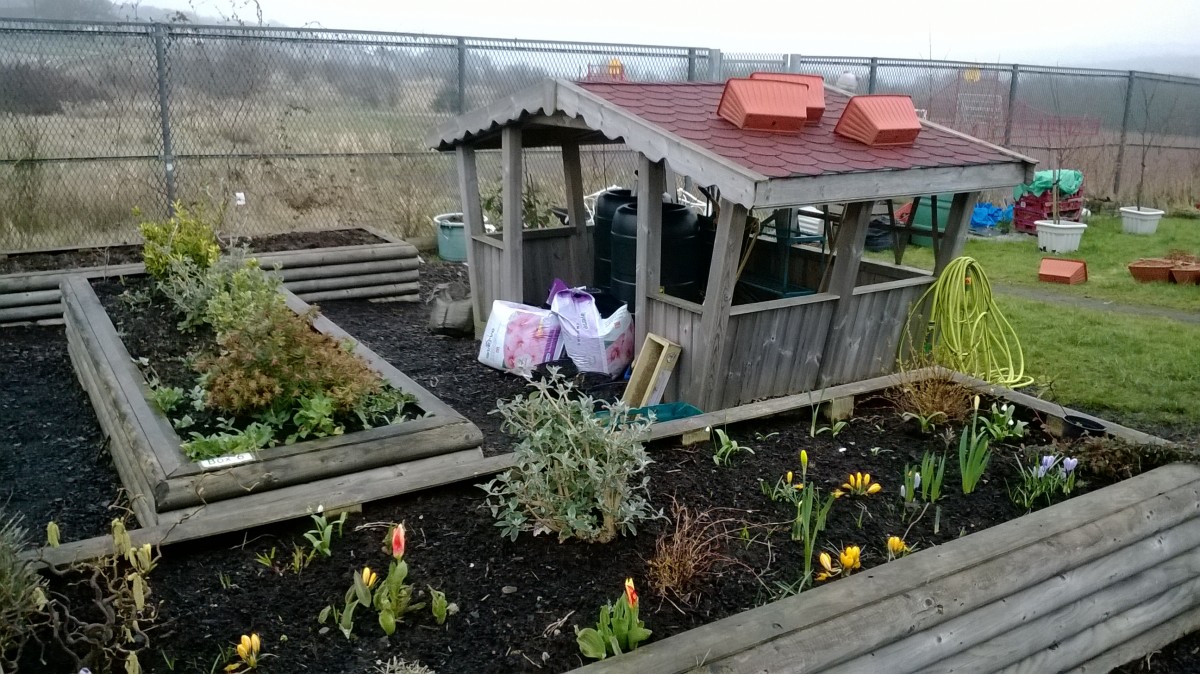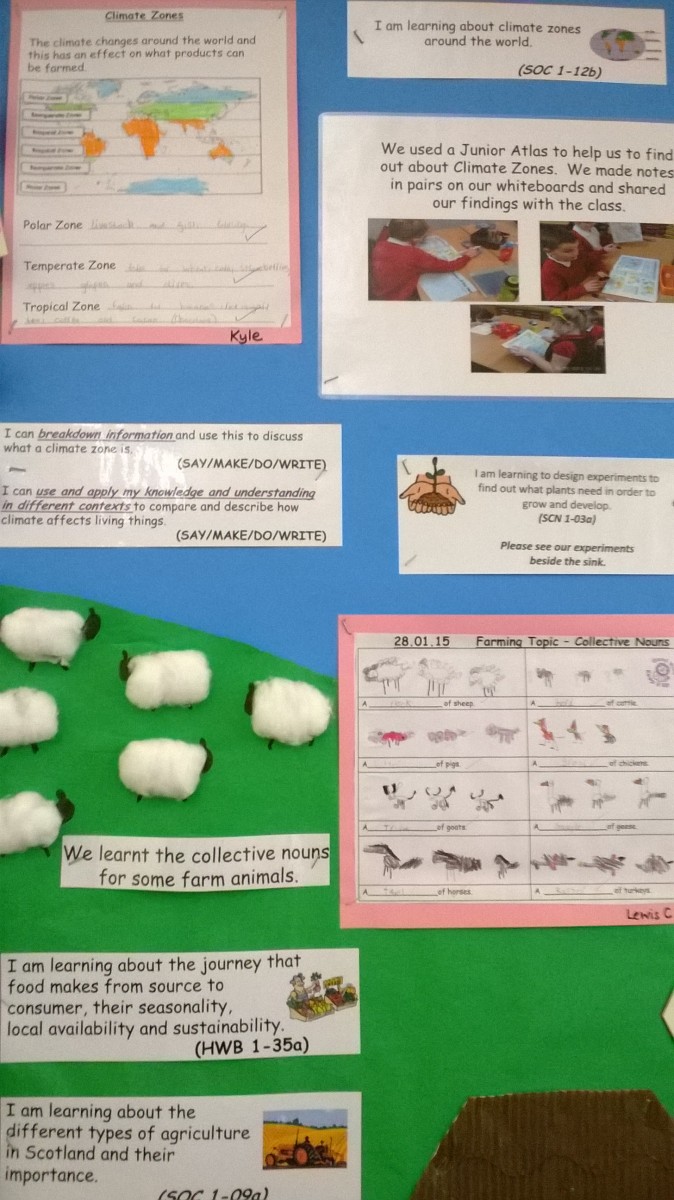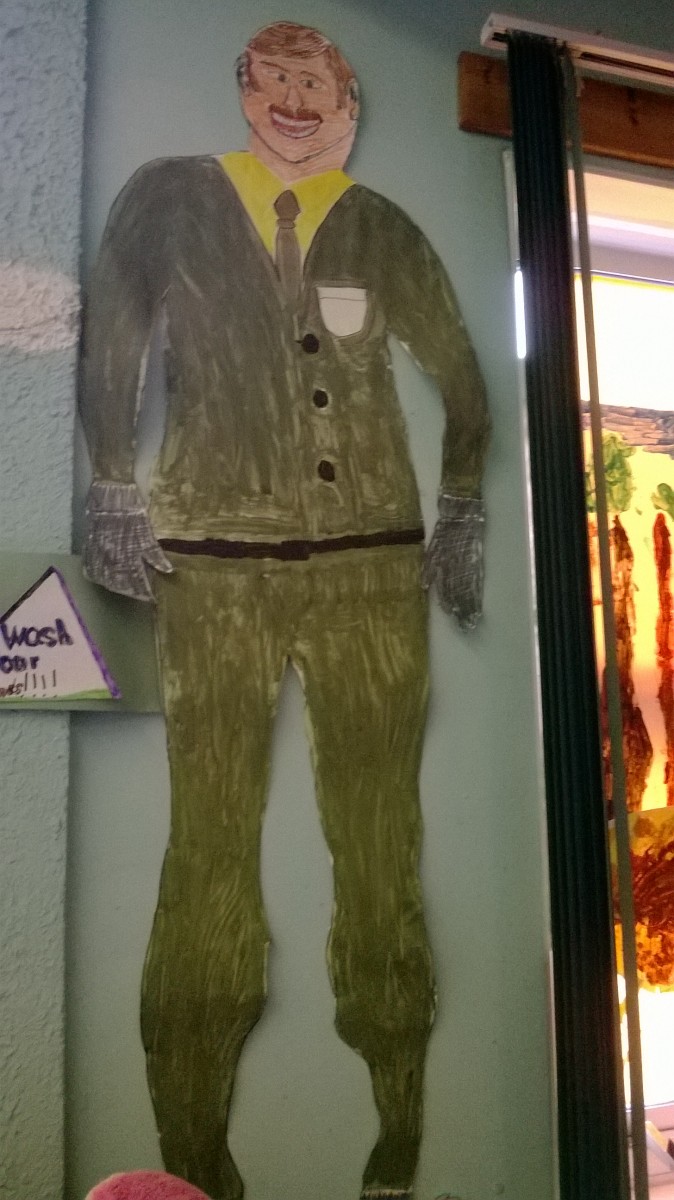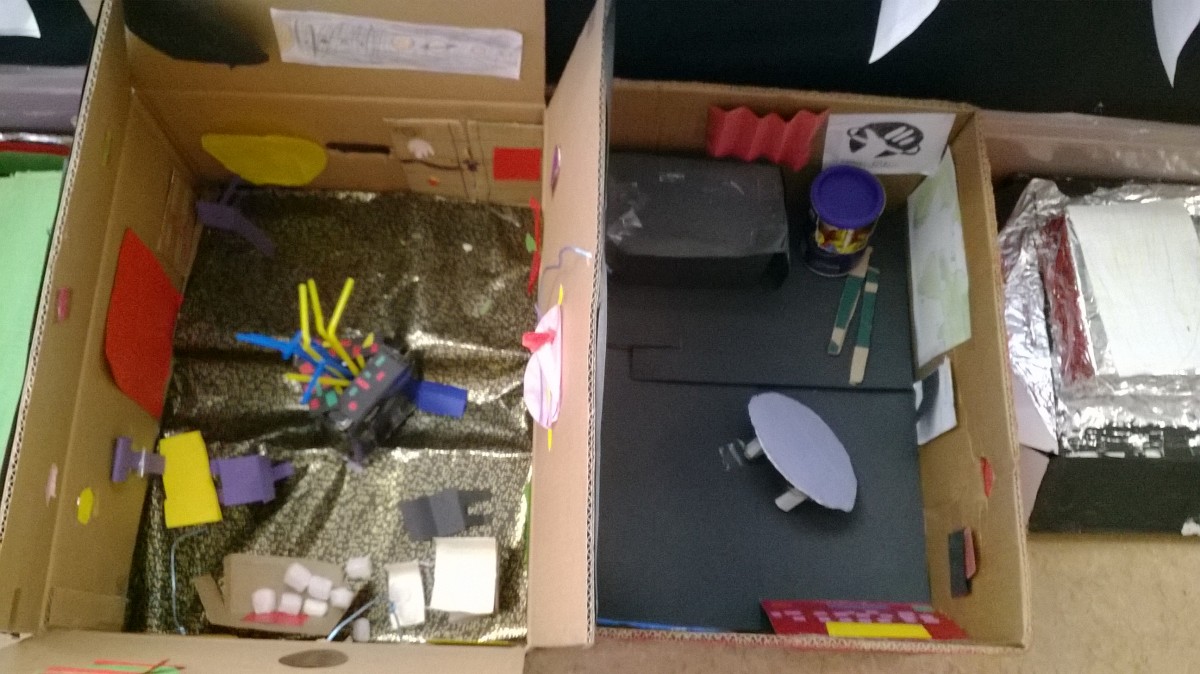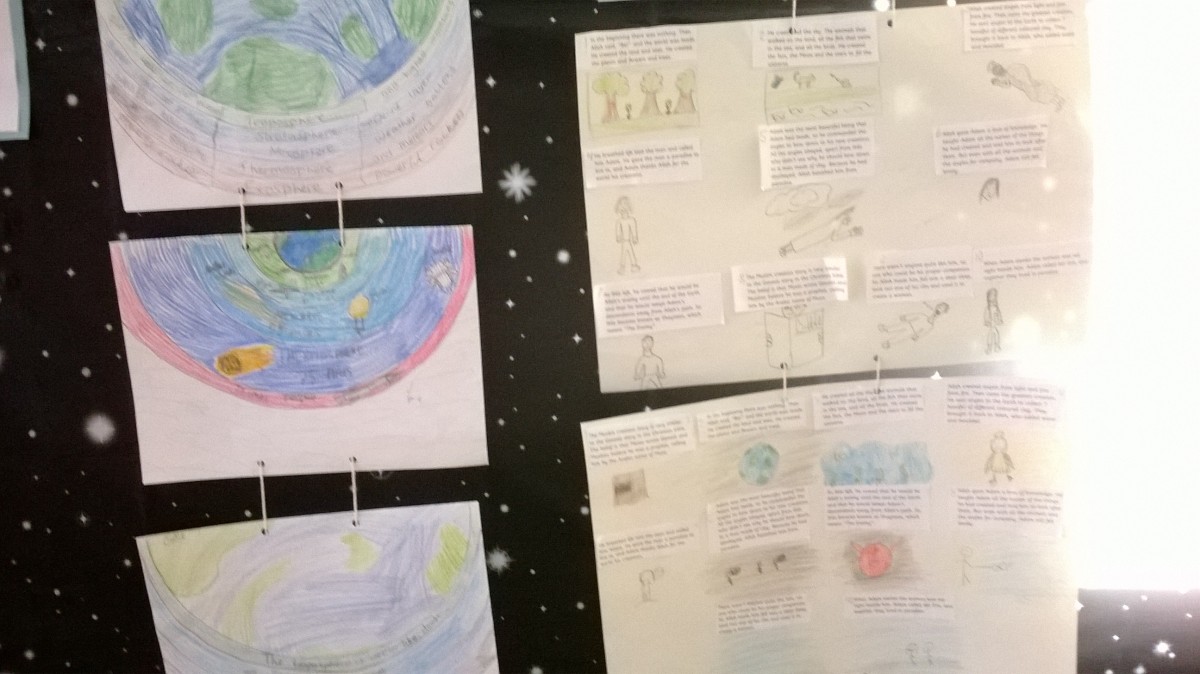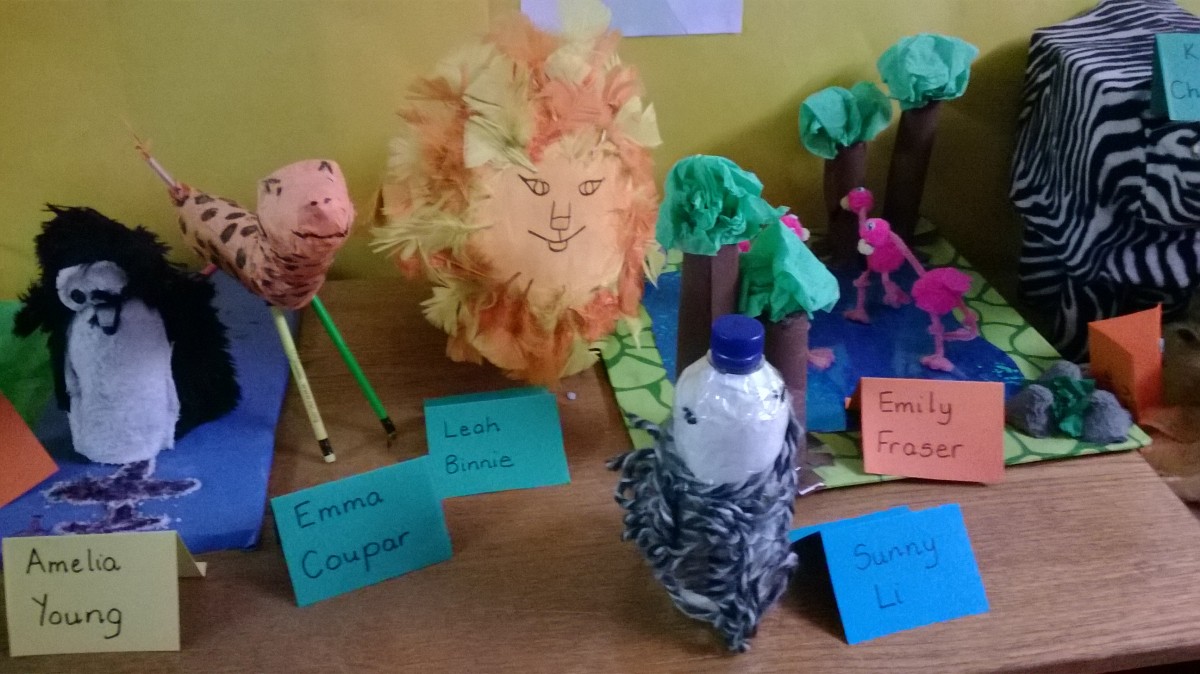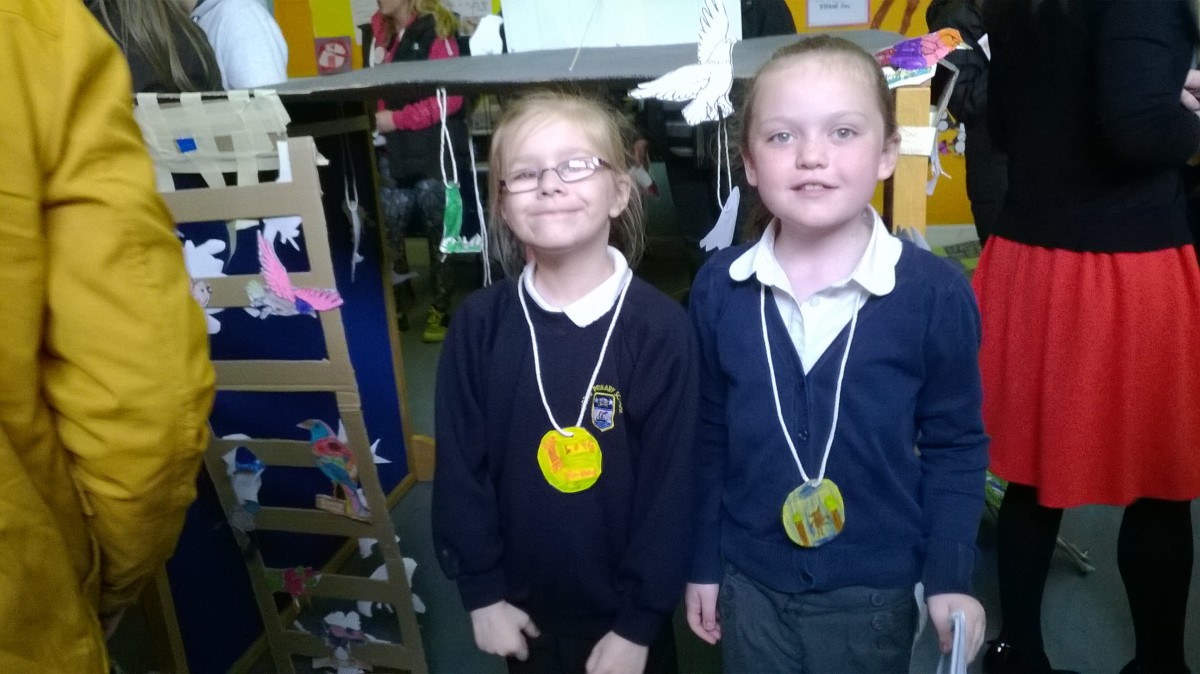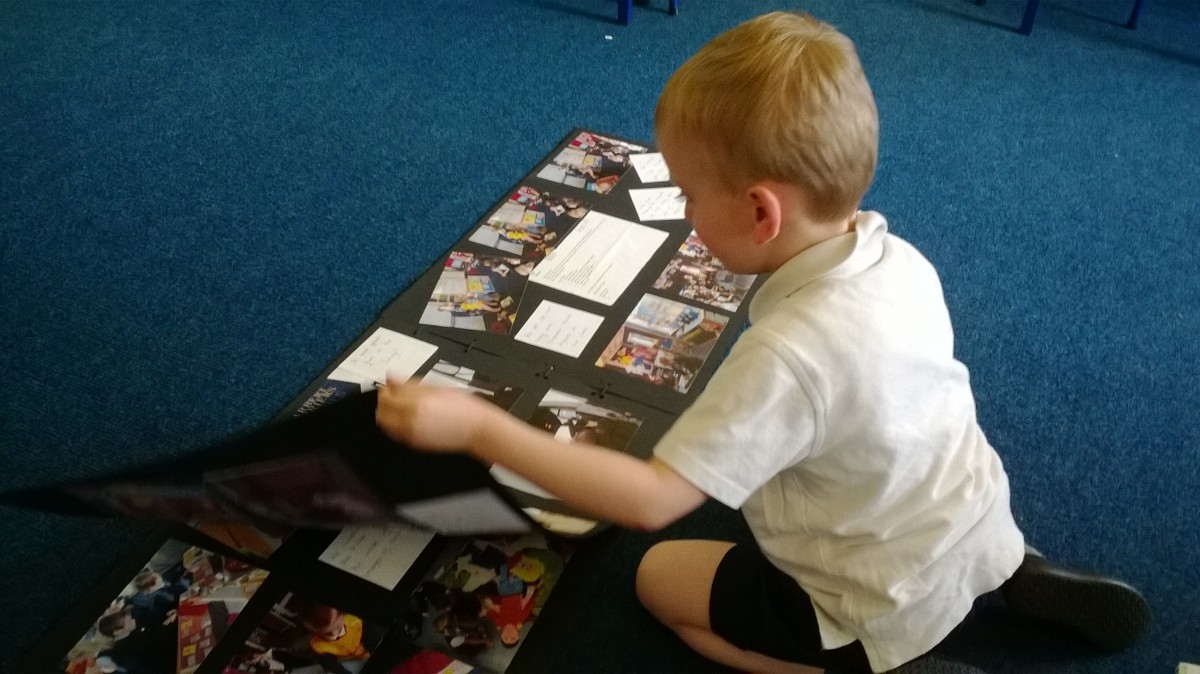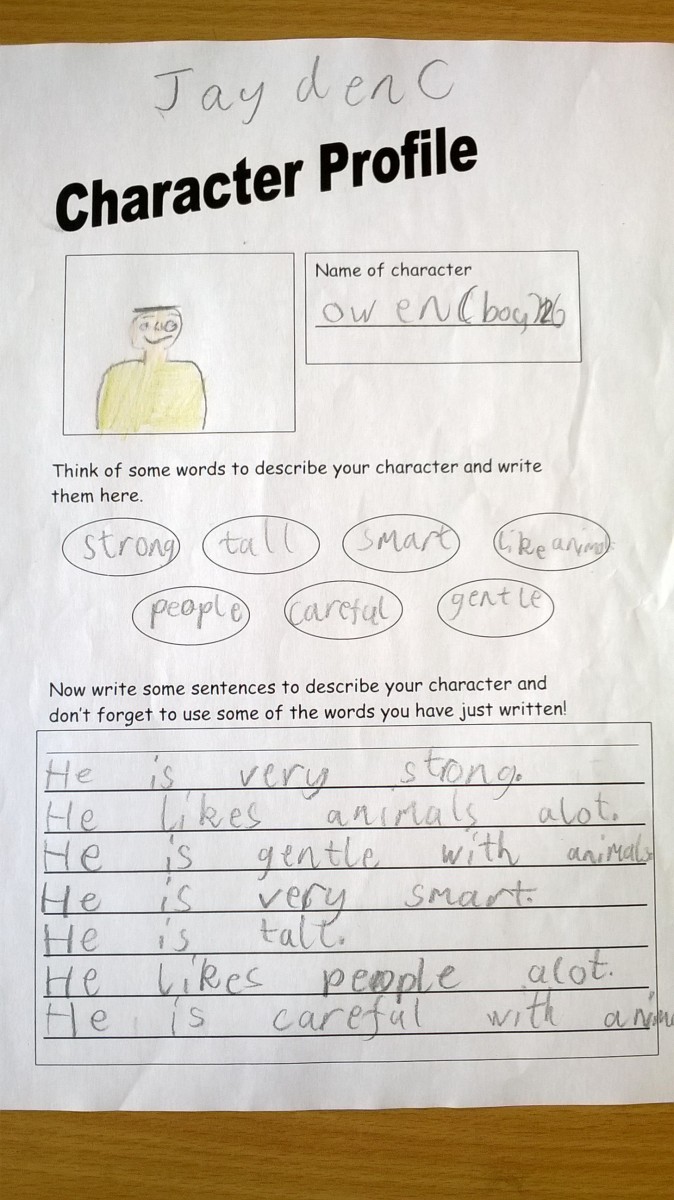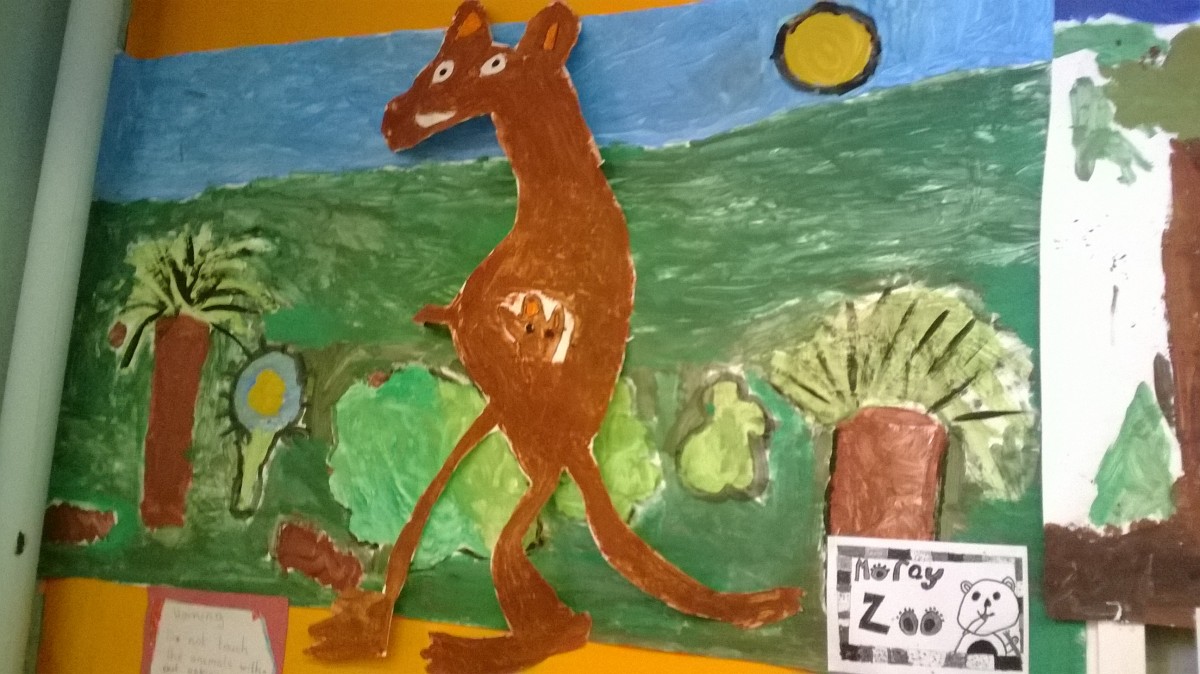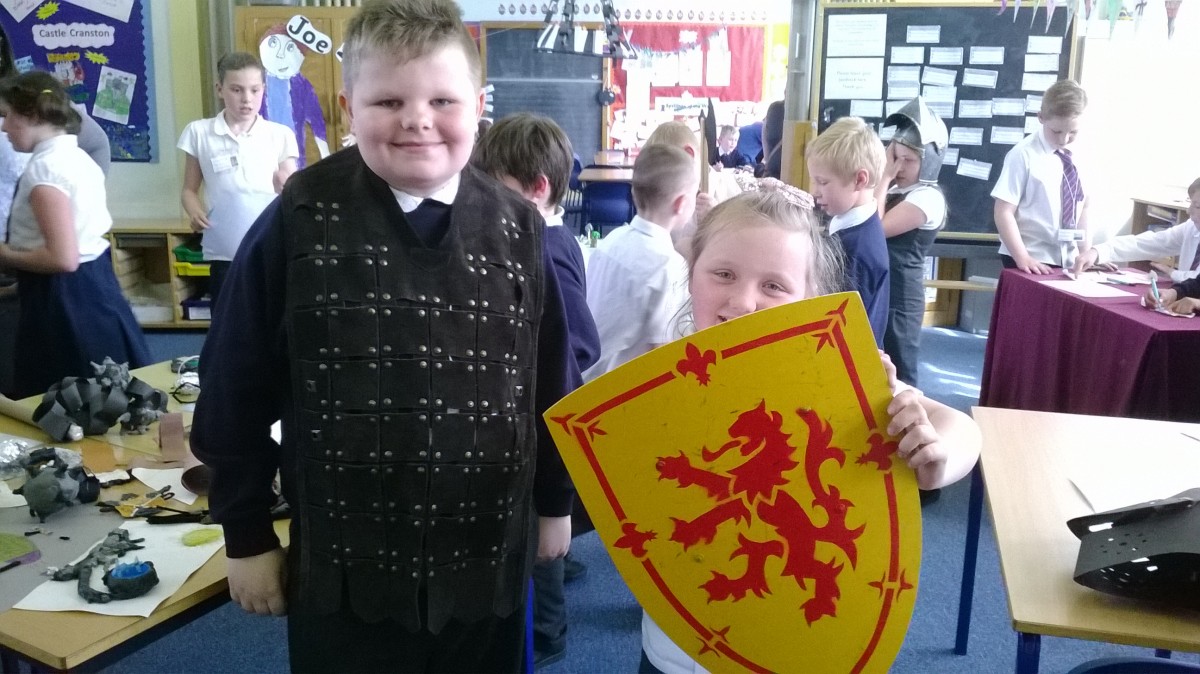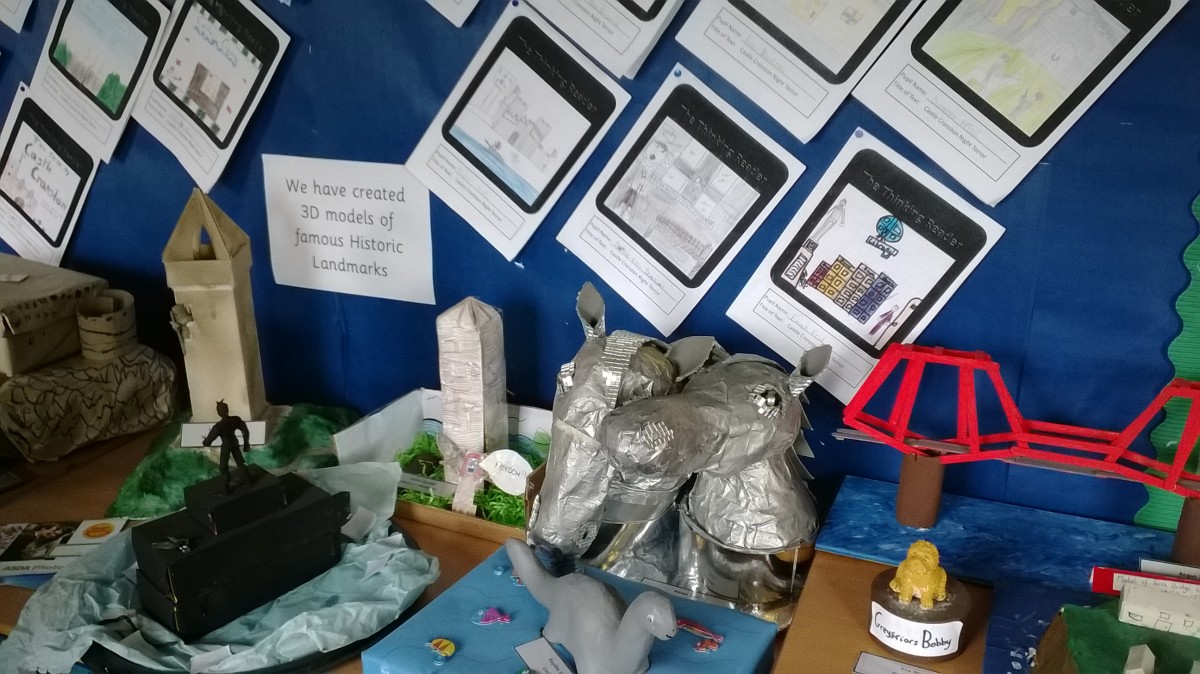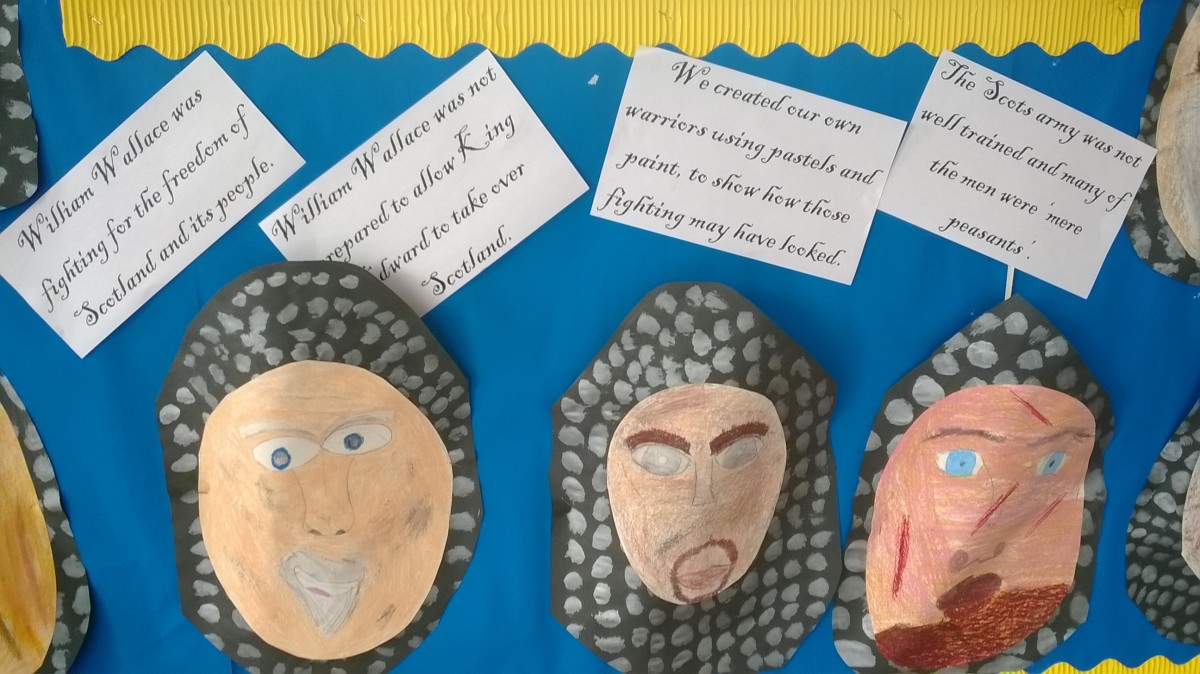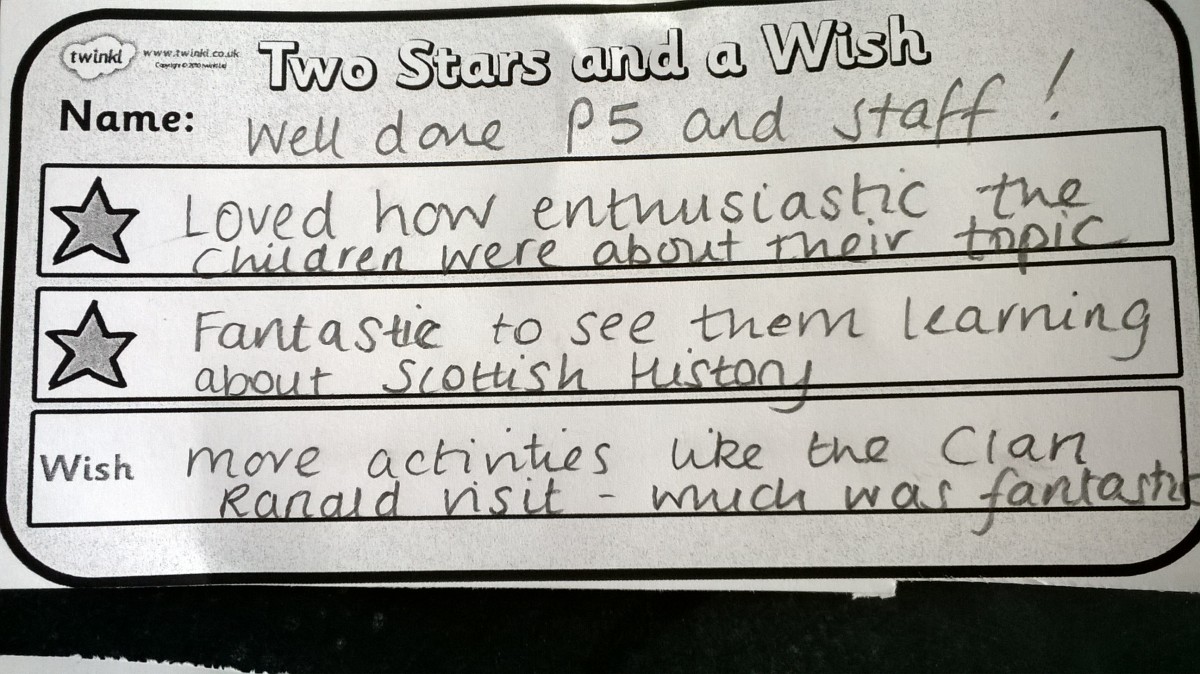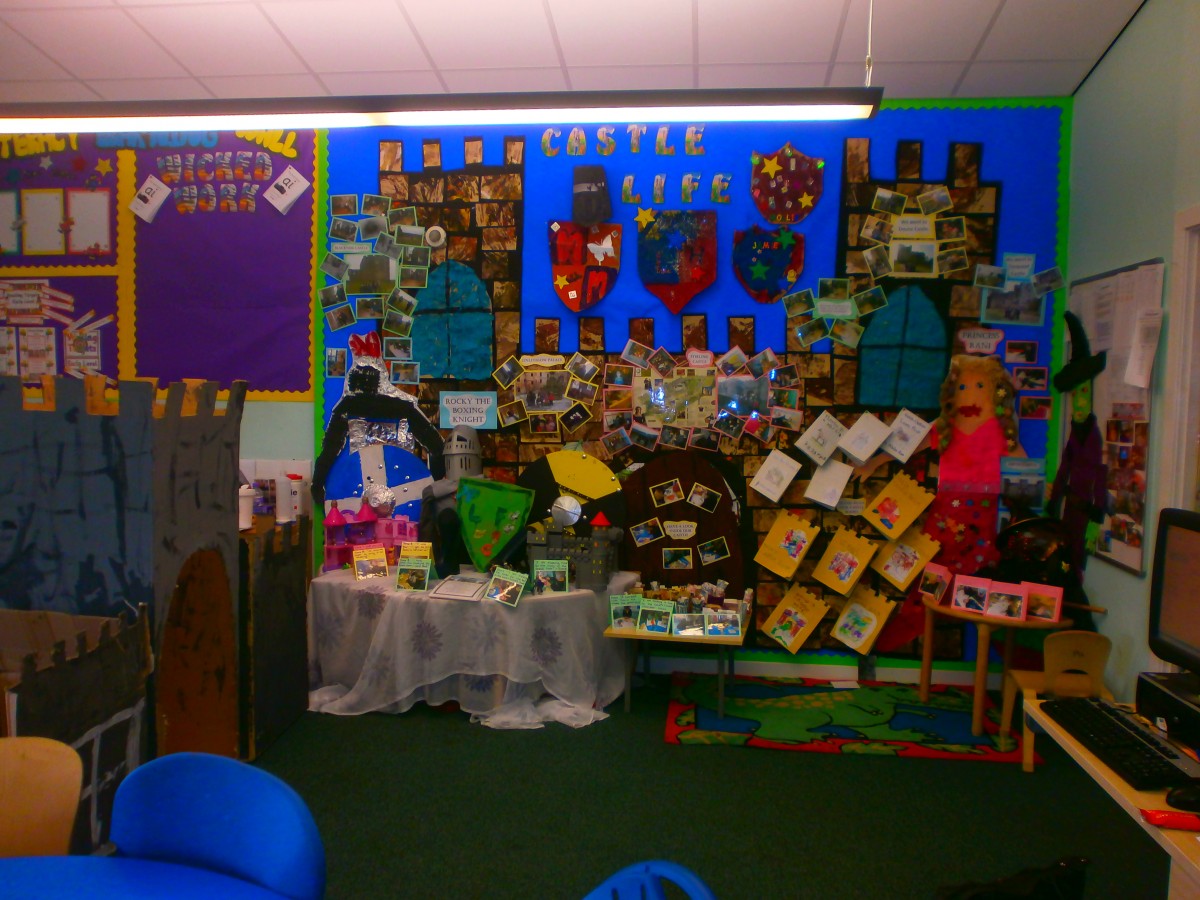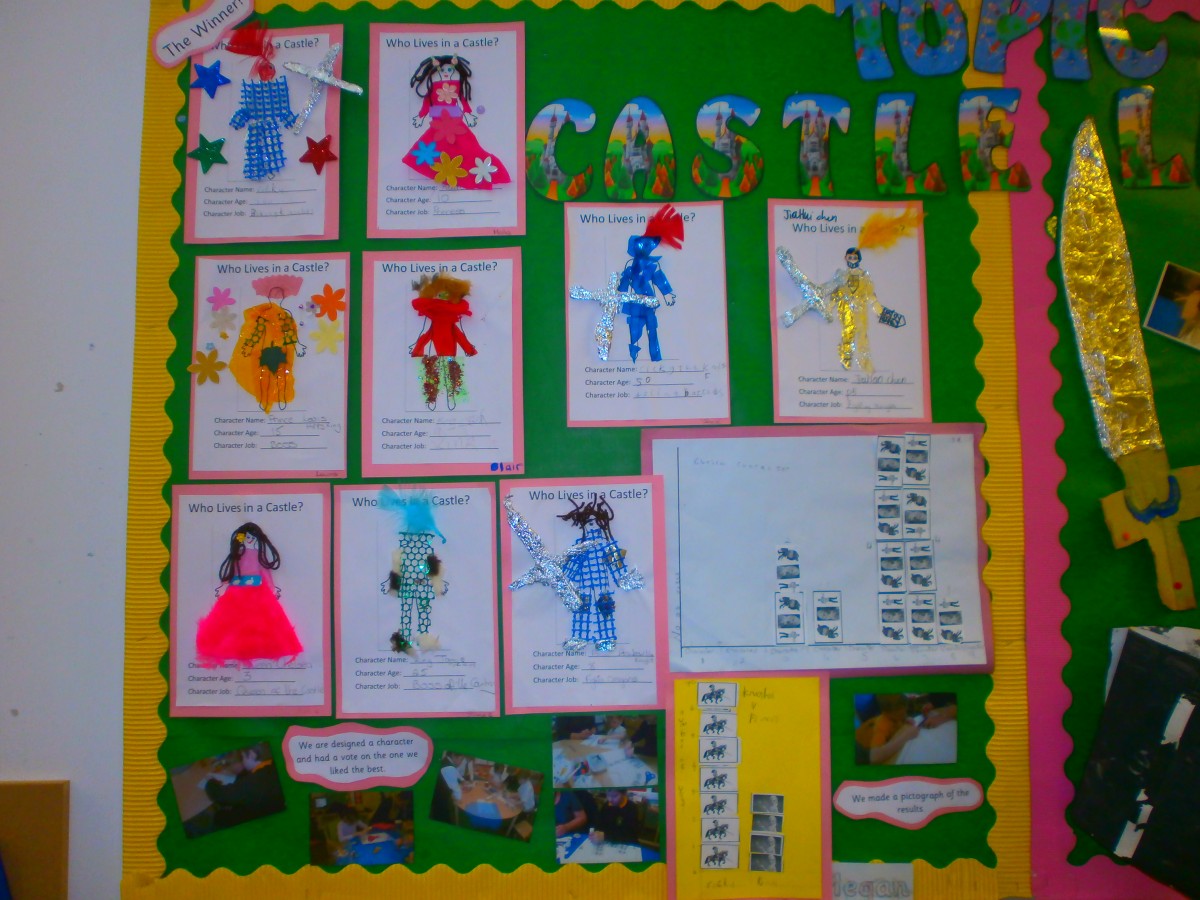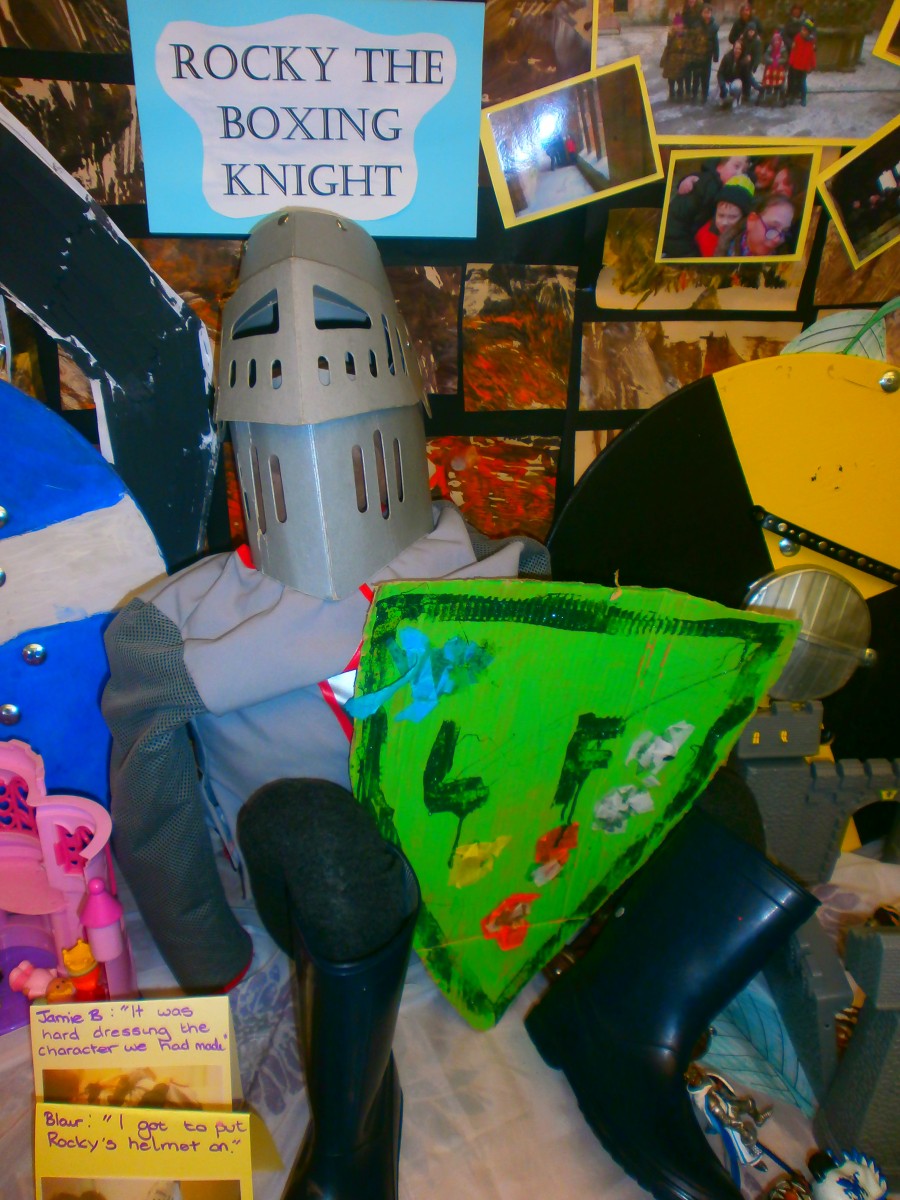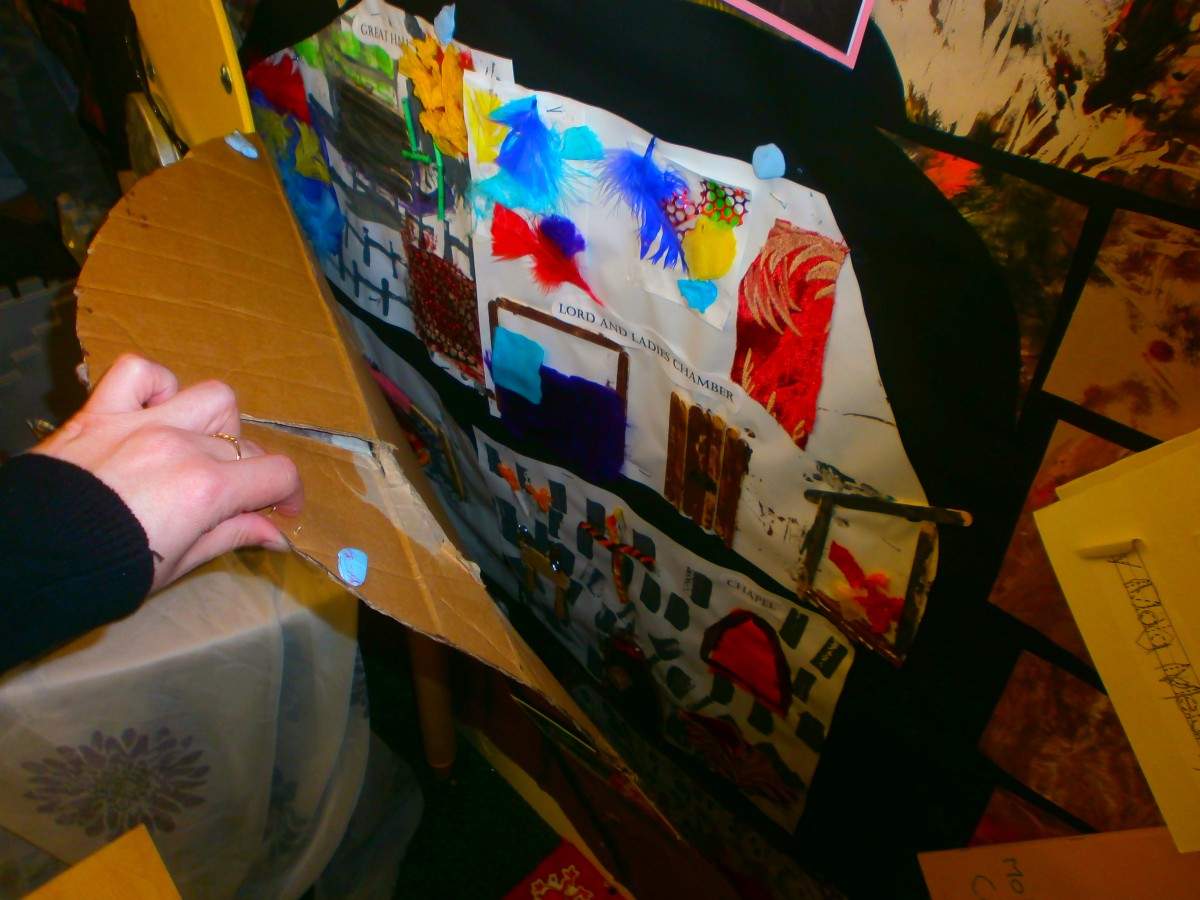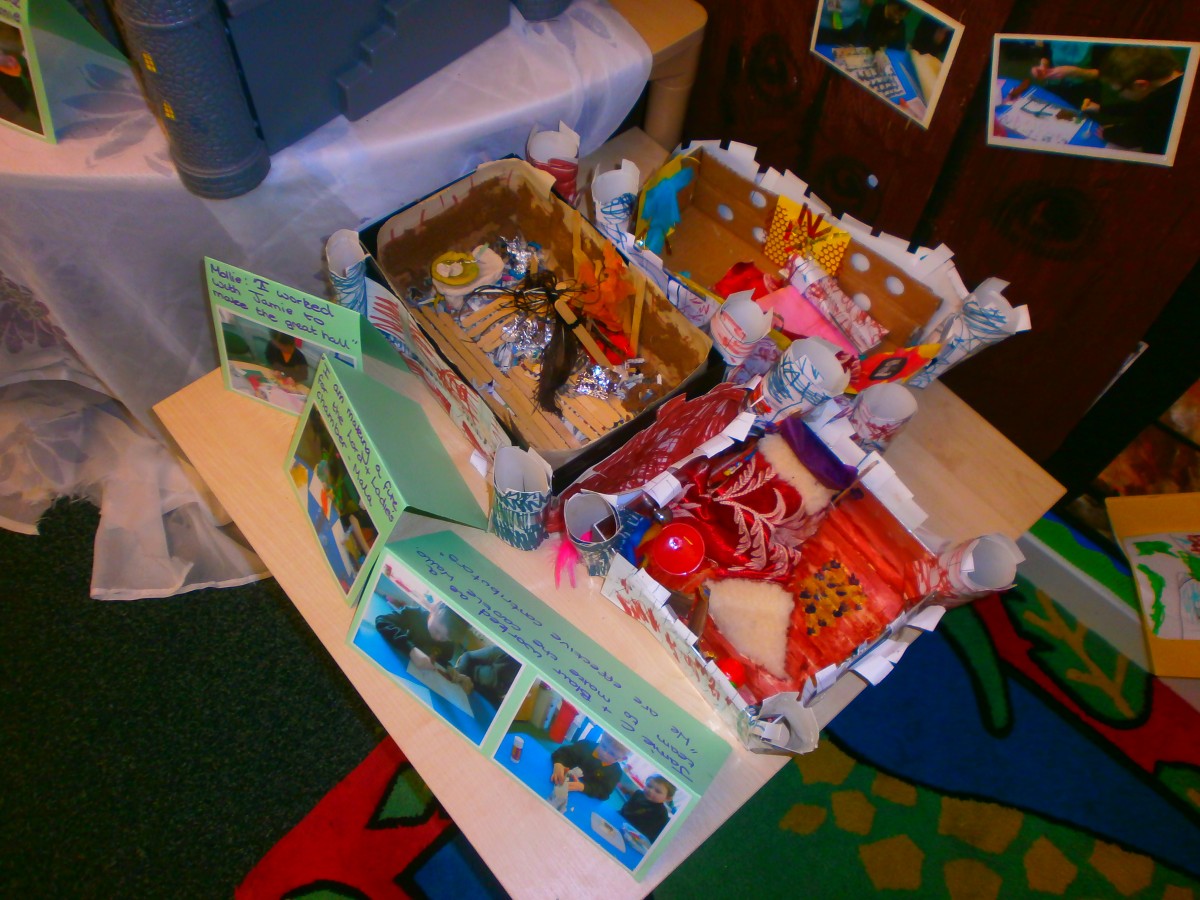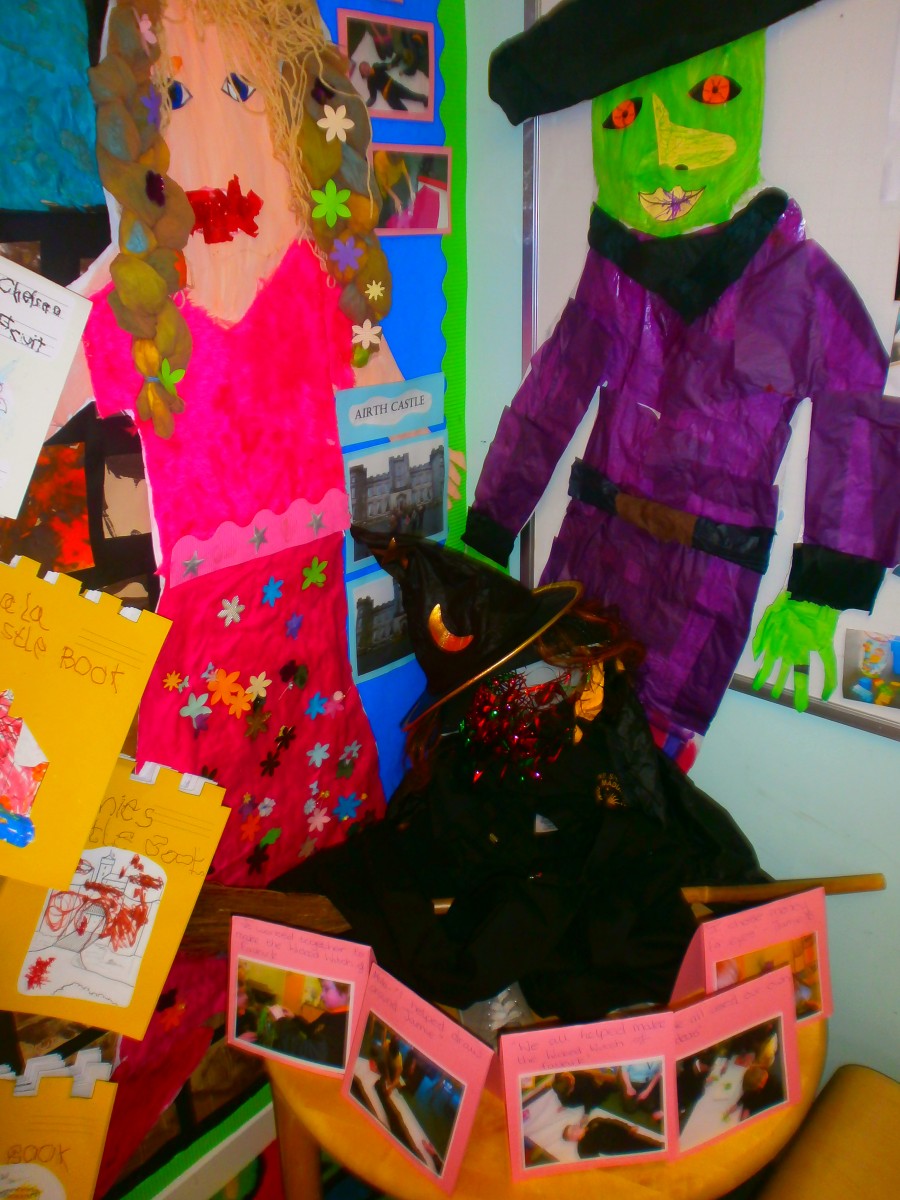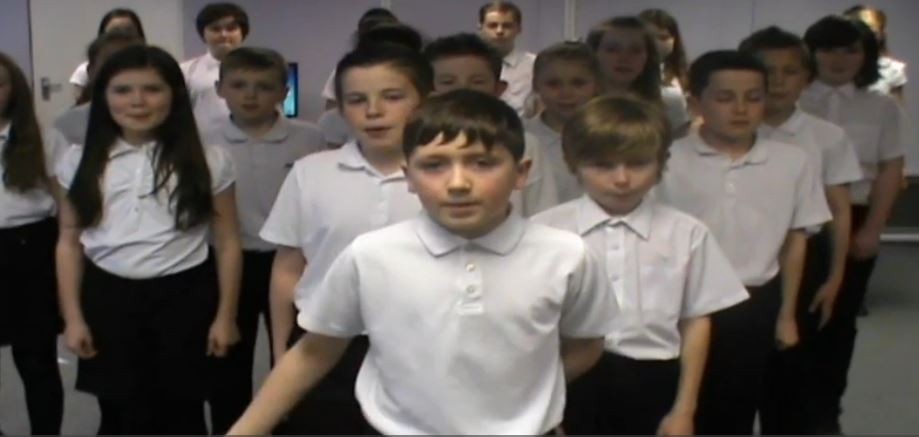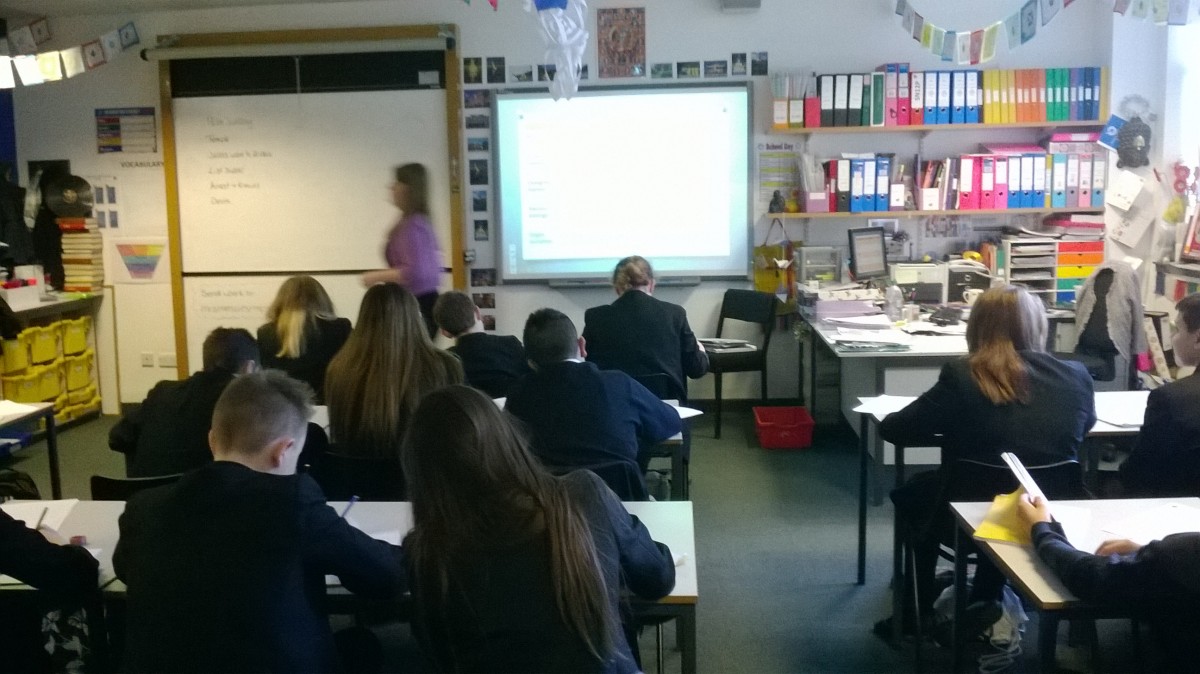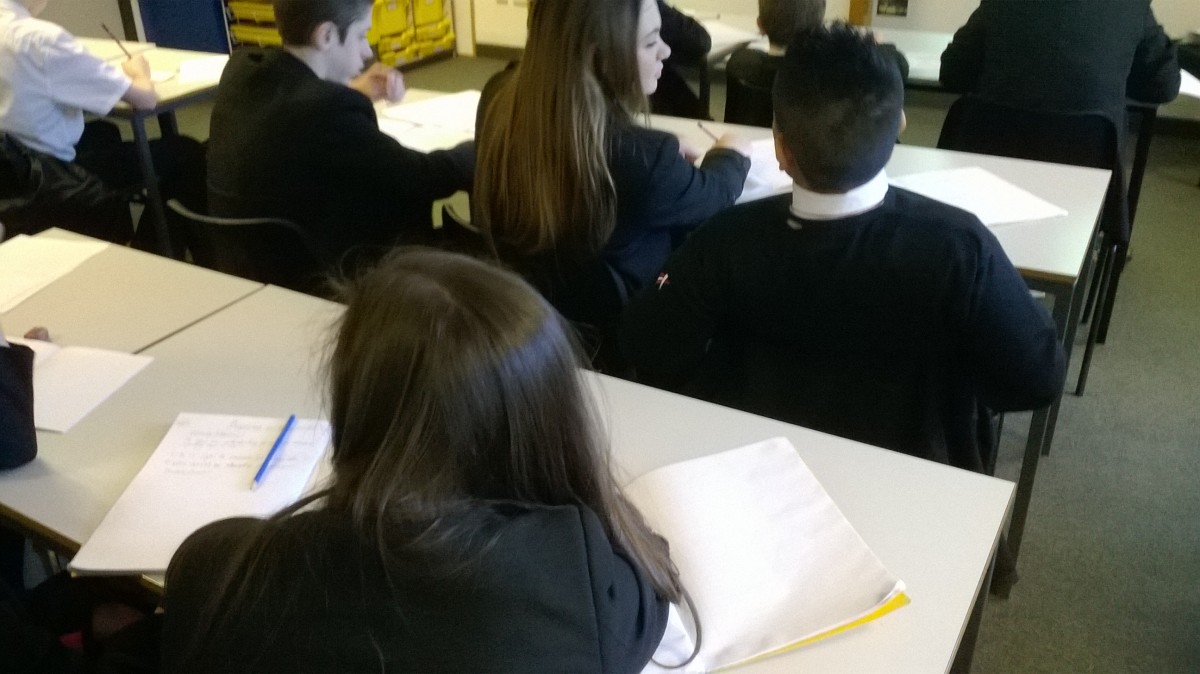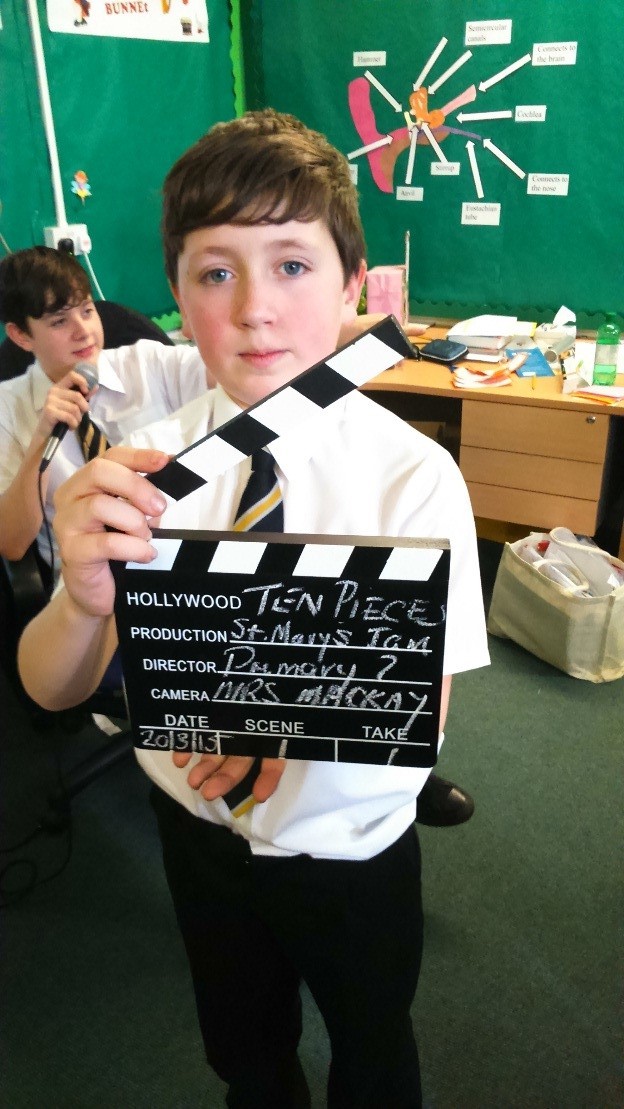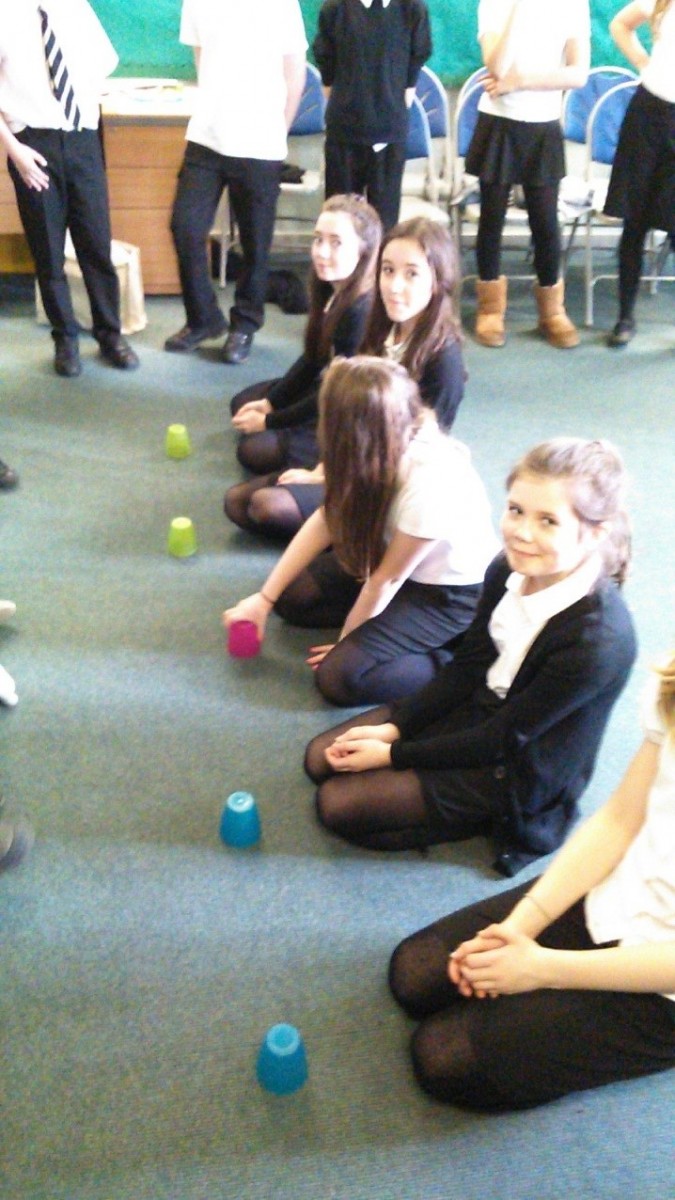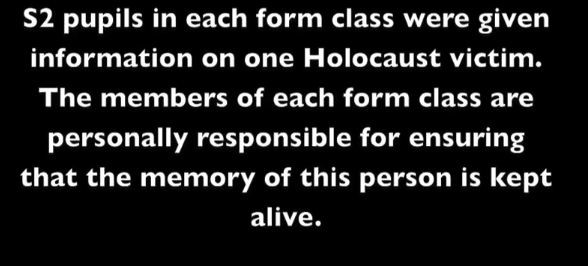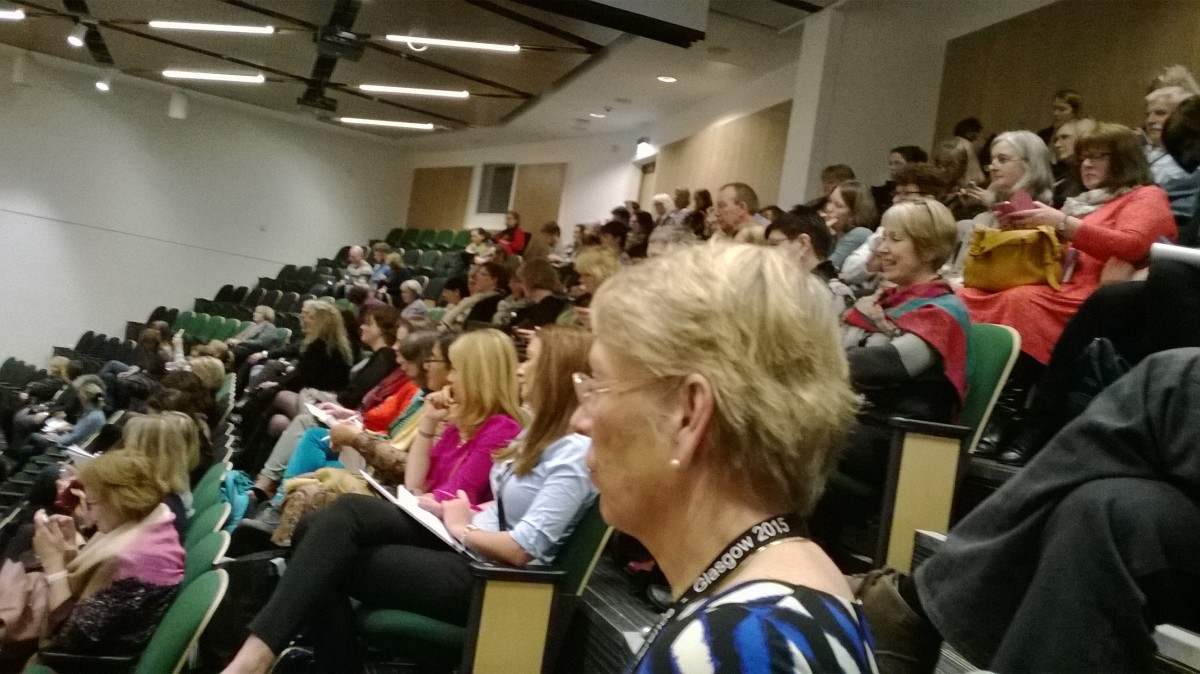 On 28th & 29th March Yvonne McBlain attended the 6th International Storyline Conference in the new Technology and Innovation Centre which is part of the University of Strathclyde. Yvonne outlines the impact of this event on her own professional learning below.
On 28th & 29th March Yvonne McBlain attended the 6th International Storyline Conference in the new Technology and Innovation Centre which is part of the University of Strathclyde. Yvonne outlines the impact of this event on her own professional learning below.
Key note speech by Carmel O’ Sullivan, Head of the School of Education at Trinity College, Dublin: It was fascinating to learn how effective social drama (almost identical to pupil-led storylines) has been in developing the creativity, social skills and communication capabilities of young people with Autistic Spectrum Disorders. We saw film clips of this long-term research project and Carmel shared her analysis of the positive impact recorded. This included: a reduction in general anxiety among students; increased use of appropriate body contact; increased use of imagination and spontaneous creativity. She has clear evidence that young people with autism can make up stories in the drama, and is now exploring why this stops when they leave the drama.
Outdoor Education Through Storyline seminar: Alicia Vickery from Highland Elementary School, USA explained how she and colleagues deliver their curriculum through storyline. Their education authority (like us) are developing sustainable education and encouraging teachers to take learning out of the classroom. She has been developing storyline incidents which lead pupils to environmental education and has built very effective partnerships with local people and agencies to support this. I liked the idea of a whole school storyline which happens every 2 years in Highland School. This year’s storyline was called “The River Keepers”, and each class took a different section of their local river, researched the habitats and issues surrounding their section, then presented and shared their learning in various ways. I could see potential for this approach in our schools too – great way to link science & social studies within a Learning for Sustainability context.
Youth Games storyline seminar: Angela Speirs shared an excellent storyline she has created and used with her P6 class in St Ninian’s PS in Glasgow. Using characters from an imaginary “games”, Angela specified an overarching science learning intention for her IDL unit which also linked skills, knowledge and understanding in technology and health and well-being. There was a javelin athlete who led pupils to the study of friction, a cyclist who developed understanding of aerodynamics & air resistance, and an athlete whose training was not progressing well – pupils needed to study their diet and training regime to analyse and evaluate how to address this. Angela very effectively combined the storyline methodology with curricular learning by building on prior learning and also developed problem-solving and research skills in her pupils. I hope to get a copy of this plan and share asap.
Key Note 2 – Stories in the Land: Joyce Gilbert, environmental educator and consultant, and Claire Hewitt, storyteller and artist, shared the development of Drove Roads of Scotland storyline. This sounded like an emotional and organic experience which had obviously impacted on pupil understanding of Scottish heritage and traditions. Teachers and pupils at Moray PS have trialled this storyline and I would like to get their views on how impacted on learning.
My own workshop – Storyline as a tool for literacy skill development in the secondary classroom: I thoroughly enjoyed working with the 12 educationalists from around the world who attended. Click here to see my presentation (minus pupil photos) where I shared storylines which took place in Falkirk HS, English department and part of an IDL project with the art department at Braes HS. I was glad to get very positive feedback and now have valuable links to follow up. One participant was particularly struck by the simplicity of developing literacy and higher order skills through the analysis of product packaging in art and design.
Whole school book-based storyline “Kladremus og de andre dyr”: Dyrini Halsaskogi, head teacher of Karsnesskoli, which is a primary school in Kopavogur, Iceland, shared their use of a very well-known story to develop eco-sustainability education and pupil self-discipline. She referred to the Self-Discipline theory of Diane Gossen which I would like to learn more about. Pupils first explored their own motivation and behaviour styles (am I motivated by Power, Belonging, Fun or Freedom) to get to know themselves, then did the same for the characters in the story. A whole school ethos of positive behaviour, community and citizenship was created by this storyline which would seem to link HWB, RME & Social Studies in our curriculum. I felt this was a great idea and hope to explore further with interested schools or teachers.
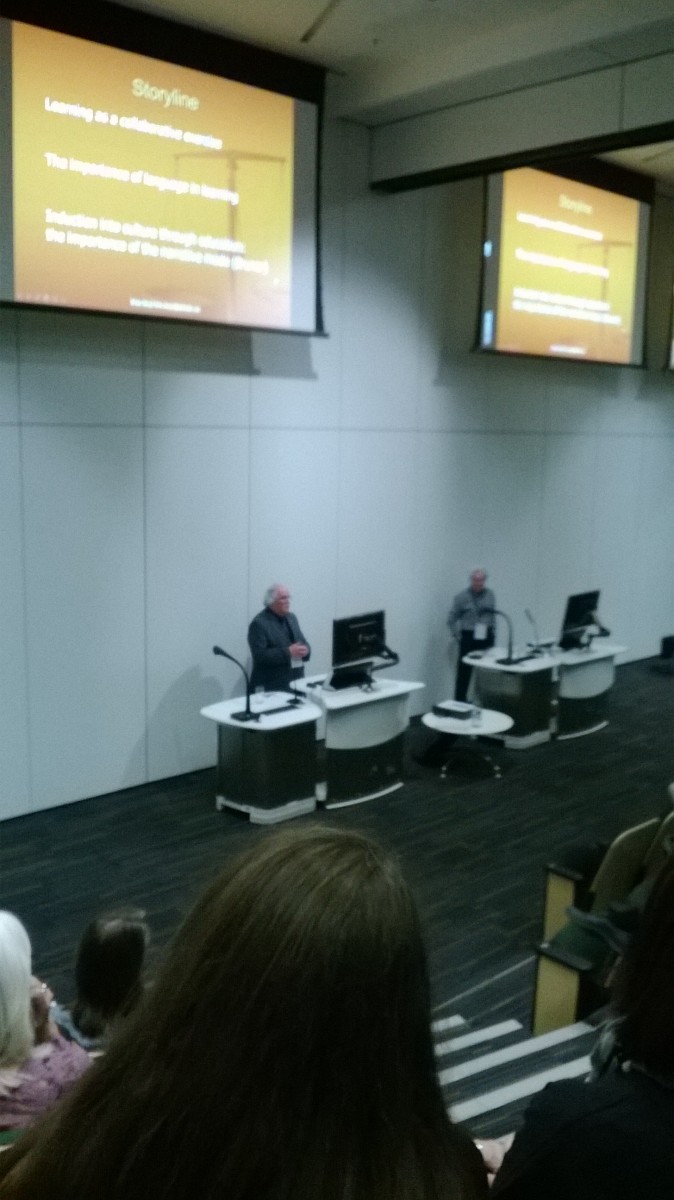
Connecting History Themes to Today’s Child: Rebecca Plaskitt of ACS Cobham International School shared how she has shifted from a content to a process based approach to the delivery of historical learning. She is using storyline to develop pupil independent learning and collaboration skills. Her practice reminded me of the “Joyning the Learning” resources like “The Unsinkable Ship”, and also the rich task approaches being used in our schools. She echoed our principles of curriculum design by placing great emphasis on the need for teachers to identify what is relevant about historical periods and taking time to explore this and what pupils want/need to learn. She made use of timelines with pupils and reminded my of an idea I’d had a long time ago – that every school should have a physical representation of chronological times in history to help pupils relate to and place events in their understanding. I need to look out for schools who like this idea and might like to try something out.
Storyline and the new Finnish Science Curriculum: Ann-Catherine Henriksson gave details of the structure of the new curriculum and rather debunked recent media reports about the role Interdisciplinary learning would play. I felt that the what Ann-Catherine described sounded very like our Curriculum for Excellence – even down to the shift towards the development of higher order skills using Krathwohl’s revision of Bloom’s taxonomy. The curriculum changeover happens in 2016 and it sounds as though the whole education system is mobilising to ensure that everyone is ready for this new holistic approach to teaching and learning. Other similarities with CfE include the emphasis on transformative pedagogy (storyline being one potentially valuable methodology), building an enquiring profession and an ethos of enquiry among pupils, integrating learning for sustainability and other contexts which effectively link learning; and shifting to greater use of formative assessment which is planned into the learning. I would love to learn more about the set of 7 “competencies” which are central to the structure of the curriculum and seem to encapsulate our skills, attitudes and capacities. The main focus of staff training between now and August 2016 is these key competencies and formative assessment.
Storyline with Adult Language Learners: Shane Corbett, University College Dublin, shared his findings around his research question “Is storyline an effective method for teaching English as a second language?”. These included a huge increase in long utterances by students; greater and more varied vocabulary; enhanced enthusiasm and positivity about classes where storyline was used; greater confidence in using the language which resulted in increase autonomy in using new words in real life. All of this is very positive and makes me wonder if there could be a role for storyline in our 1 & 2, Scots Language and Gaelic programmes?
Round Table discussion about the role of storyline in secondary schools: I enjoyed facilitating this group – we had no trouble at all filling an hour with exploration of the potential value of storyline in secondary classrooms. We also had no trouble identifying the challenges involved in this – these were very similar to those cited by Ann-Catherine in the implementation of the new Finnish curriculum. I was able to offer some solutions being tried in Falkirk schools, such as the senior electives choices offered to pupils at Graeme HS.
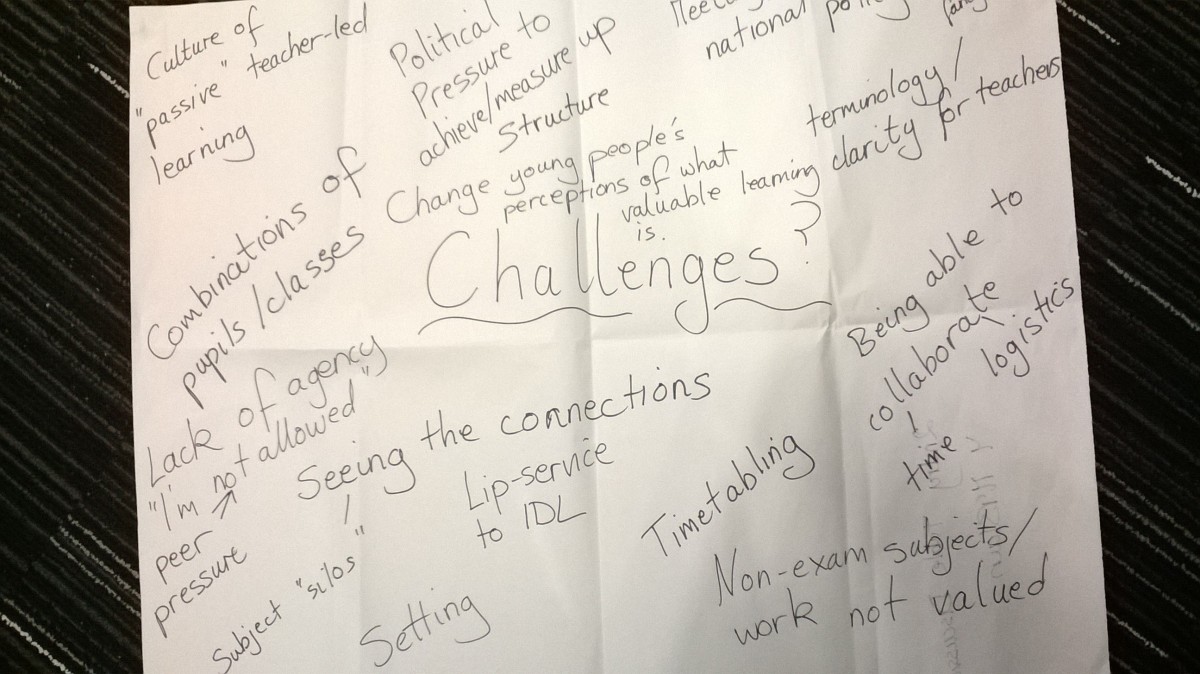
Closing Key Note: Brian Boyd delivered a humorous but thought-provoking overview of how storyline fits within education at the moment and the benefits it could and does bring. He linked storyline as a vehicle for powerful interdisciplinary learning through the writing and ideas of key figures like Bruner, Lipman and Vygotsky and I noted a short quotation which I felt encapsulated the aim of the whole conference for me “every child a thinking child and every school a thinking school.”
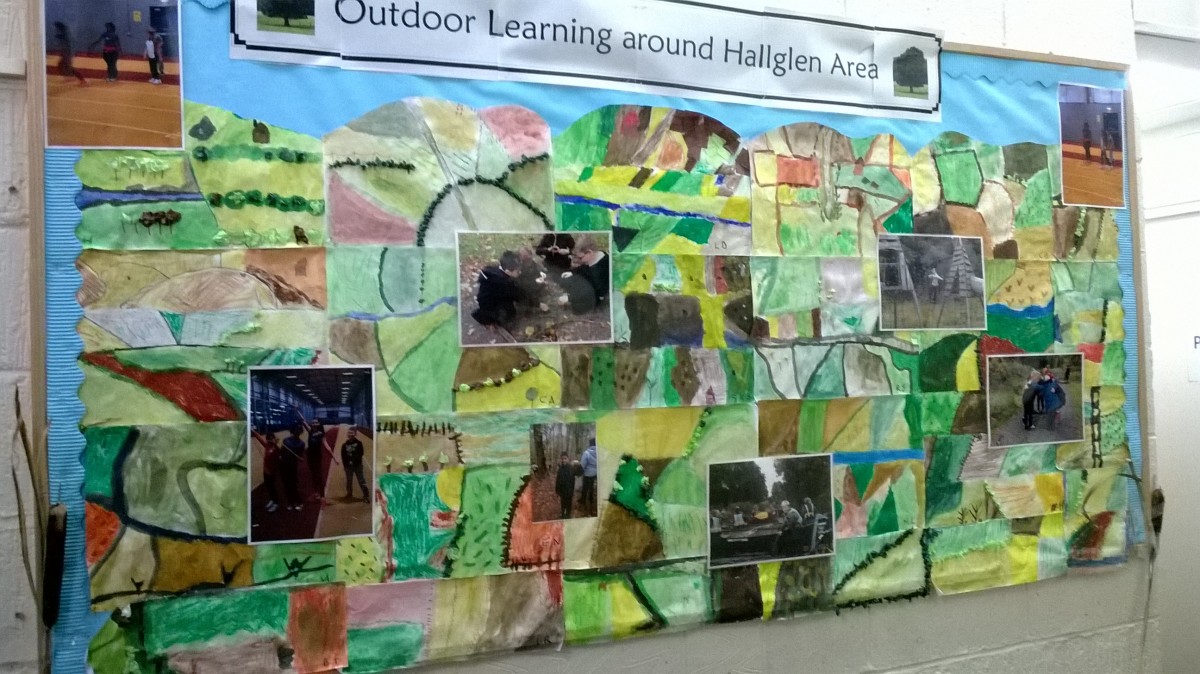 Following a meeting at Hallglen PS about staff development of skills within their curriculum, Alison McCalley and Linda Hastie gave Yvonne McBlain a tour of the learning walls around the school.
Following a meeting at Hallglen PS about staff development of skills within their curriculum, Alison McCalley and Linda Hastie gave Yvonne McBlain a tour of the learning walls around the school.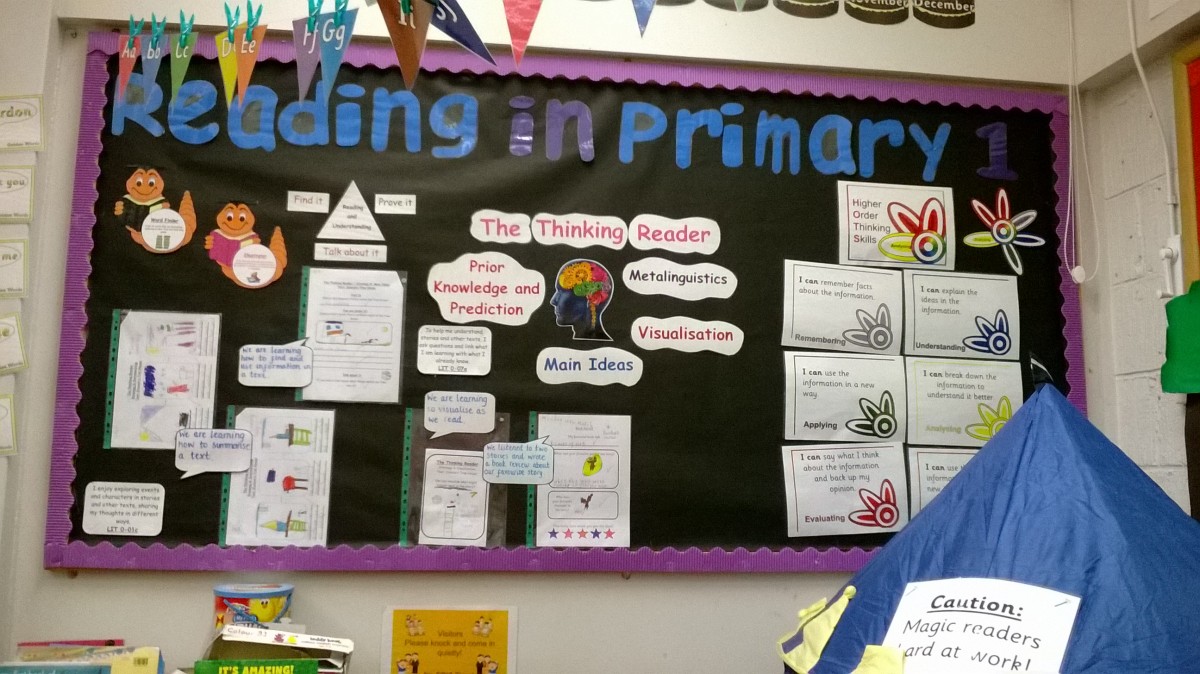 There was evidence of pupils developing their vocabulary and their higher order reading skills by being “Thinking Readers”. Writing tasks were carefully planned by teachers to progress literacy and numeracy across learning within the social subjects or science topics. This included homework tasks at all stages.
There was evidence of pupils developing their vocabulary and their higher order reading skills by being “Thinking Readers”. Writing tasks were carefully planned by teachers to progress literacy and numeracy across learning within the social subjects or science topics. This included homework tasks at all stages.